Tuesday, April 23, 2024
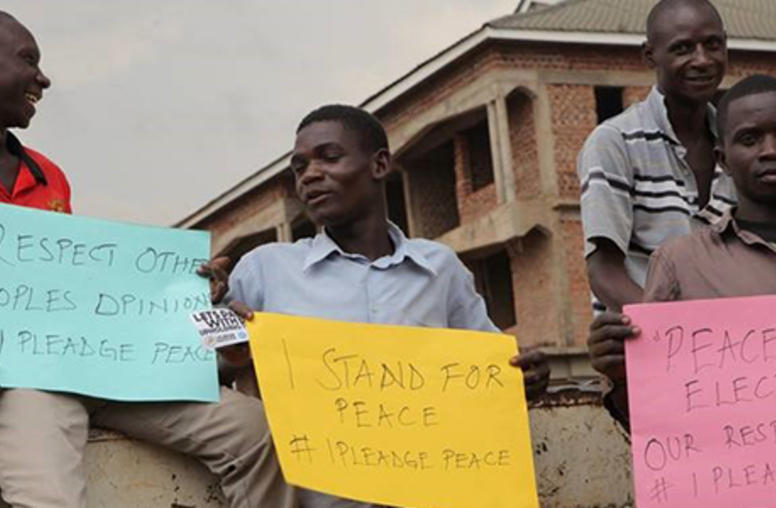
Uganda’s Pre-Election Violence Spurs USIP-Trained Youth to Act
Two Ugandans, Hassan Ndugwa and Nulu Naluyombya, are campaigning to ensure that this month’s elections challenging President Yoweri Museveni’s 30-year rule are peaceful, even as the government has arrested critics and opposition party workers. Drawing on concepts and skills of dialogue, storytelling and active listening that they learned in USIP’s Generation Change Fellows Program, the two estimate their message has reached 20,000 people.
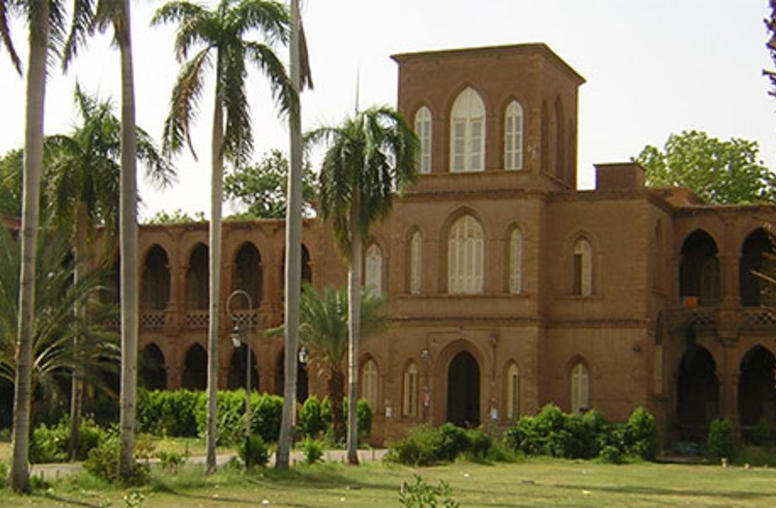
Sudan’s National Dialogue Poses Test to Government’s Commitment
In Sudan, a country still struggling with violent conflict in Darfur and two other states, almost 700 participants in a national dialogue process are finalizing recommendations after three months of vigorous and genuine discussion. But legacies of tension and division are hard to overcome. Key groups that must be involved for any resolution to be sustainable have not joined. Most concerning, the open debate exercised within the national dialogue does not extend outside the doors of Friendship...
Syria Dialogue Gets Results in Push for Local Peace
The crosscurrents of conflict lay just beneath the surface when 14 religious, tribal and civic leaders from the al-Qahtaniya area of northeastern Syria first met last summer, brought together by a USIP project to ease communal tensions. By the time they and others reconvened four months later, the diverse group had shepherded the return of 100 families and won the reopening of a road vital to reaching markets nearby. In one corner of northern Syria, the threat of violent local conflict had receded.
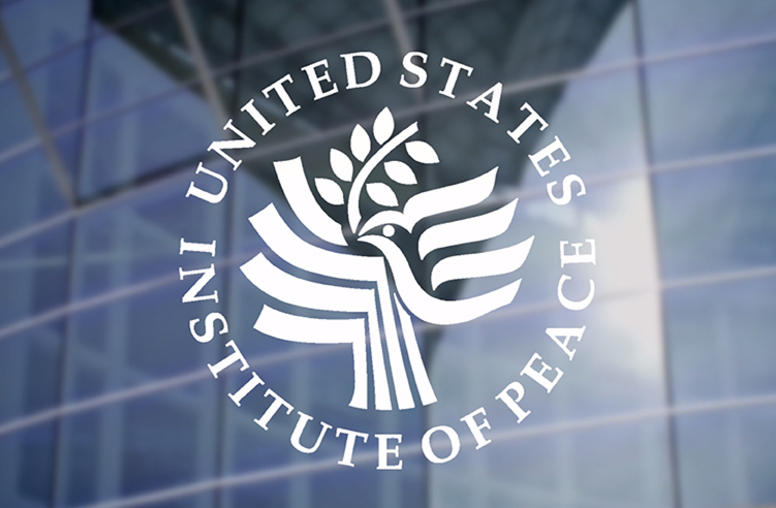
2015: War and Tide of Refugees Multiplies Urgency of USIP's Work
As the world this year saw its highest tide ever of people displaced by war, violence or persecution, the U.S. Institute of Peace has reinforced its work in the field to help reduce violence and its threat to U.S. and global security. “Our mission has never been more urgent,” says USIP President Nancy Lindborg in a video that highlights USIP’s work worldwide.
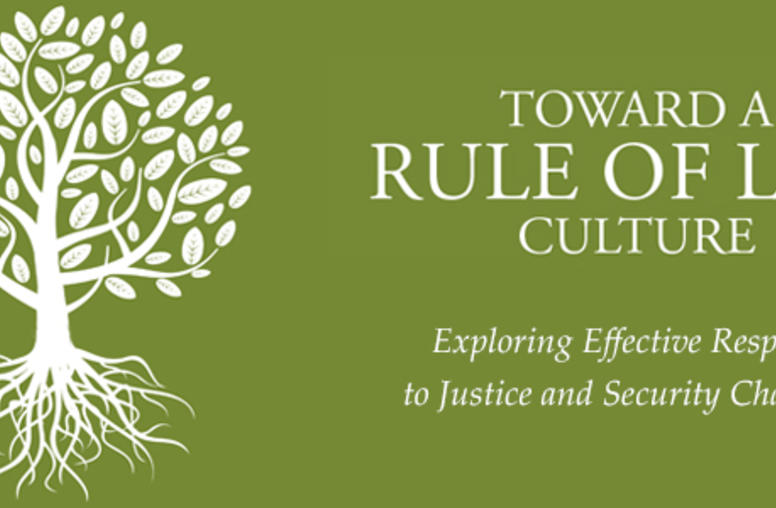
Rule of Law From the Inside-Out
In the volatile environment of policing in Nigeria, Chief Superintendent Ibrahim Yidi and his officers in the country’s Economic and Financial Crimes Commission are taking a new tack. They’re slowly shedding what he calls their “superiority syndrome” and treating citizens and suspects alike with dignity, respect and professionalism. And he’s working to strengthen processes like police recruitment. Yidi undertook the initiatives as a result of a USIP course that takes a unique approach to rule of law reform, a methodology outlined in a guide just published in three languages.
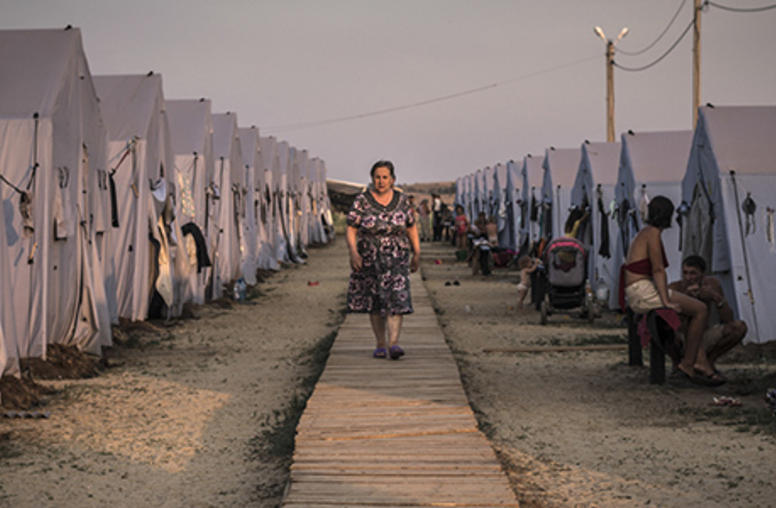
Ukraine's 'Invisible Crisis': 1.5 Million Who Fled War With Russia
When 5,000 people flooded into a city of 500,000 in one night with little more than the pajamas on their backs, they were greeted by the mayor and an assemblage of churches and civic groups ready to embrace them with shelter, food, clothing and moral support. The scene might sound like something from Europe’s west, where refugees are flooding in from the Middle East and Africa. But this is Ukraine in the midst of a war and an economic crisis, and two years into upheaval, the strain is beginning to show.
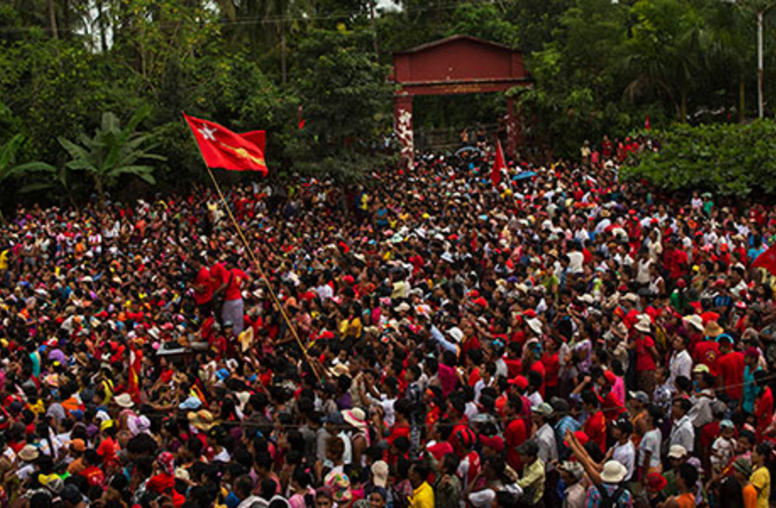
Myanmar’s Elusive Peace
When Myanmar’s National League for Democracy leads a new government into office in coming months, it will inherit a peace process in which the outgoing government last month signed a cease-fire with eight of the 17 ethnic armed groups that have been part of the country’s 60-plus years of civil warfare. The October cease-fire was a limited advance in peacemaking that may bring greater stability to the Thai border area. But as mediators work to consolidate and broaden that cease-fire accord, th...
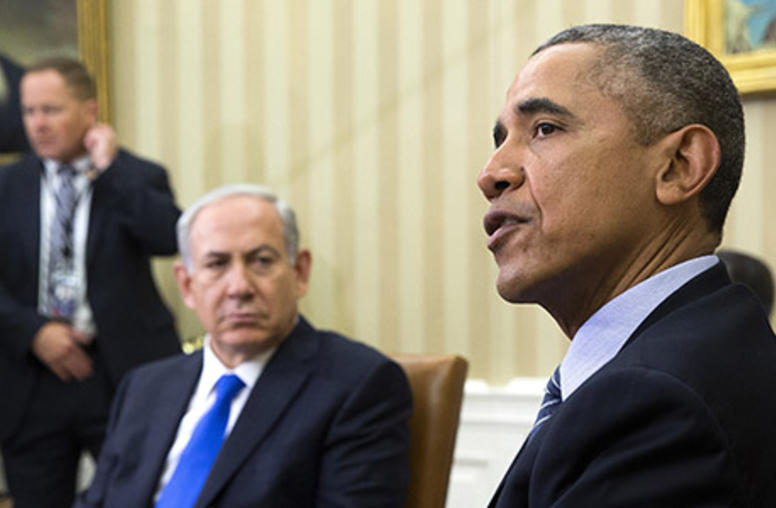
U.S. Engagement On the Israeli-Palestinian Peace Process: Dead End or New Beginning?
The Israeli-Palestinian conflict arena is once more beset with violence. The parties have retrenched to recriminations and hardline positions, and once again the U.S. faces the question of how to get things back “on track.” The latest derailment of diplomacy has left an unclear road ahead. Those in the Israeli and Palestinian peace camps have largely reached the conclusion that peace will not be possible under their current leaderships, and the Obama administration recently acknowledged tha...
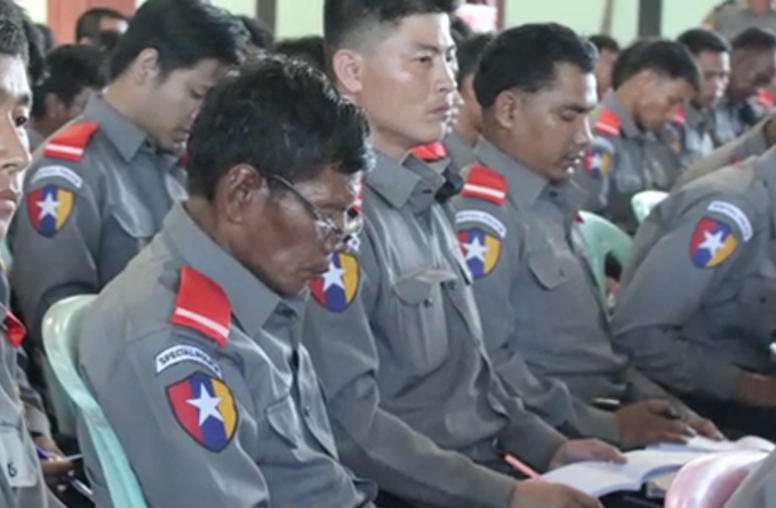
Securing Myanmar’s Impending Elections
Myanmar is preparing for parliamentary elections on Nov. 8, posing a major test of the government’s reform program and potentially producing significant shifts in the country’s political landscape. Although the political structures created by the military constitution of 2008 and many of the conditions that govern these elections give the government party an advantage, the opposition is buoyed by the opportunity to campaign relatively freely compared with past experience.
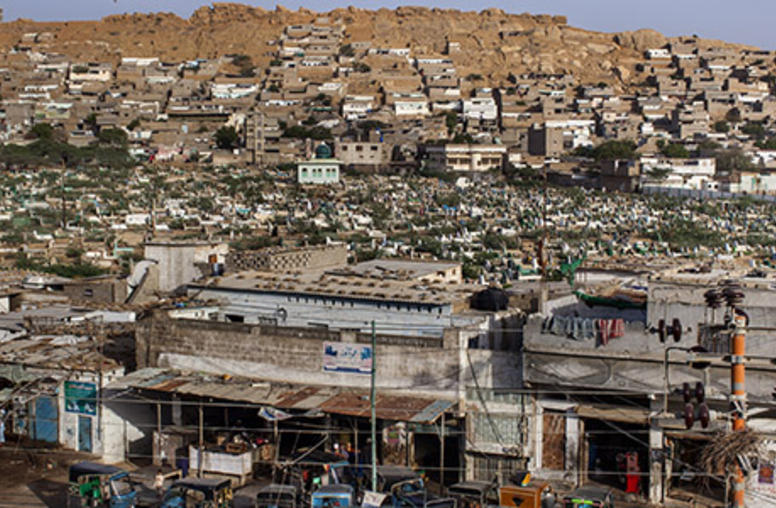
Teaching Peace in Pakistan’s Turbulent Mega-City
The subtropical seaport of Karachi is an exploding population bomb, the world’s fastest-growing mega-city. More than 1,000 migrants pile out of buses and trains each day, ratcheting up the population of 22 million. “They leave bombed-out villages in the tribal north or parched hamlets in South Punjab to come settle at the edge of sewers in unplanned slums,” seeking survival as laborers, Karachi novelist Muhammad Hanif wrote this summer.
